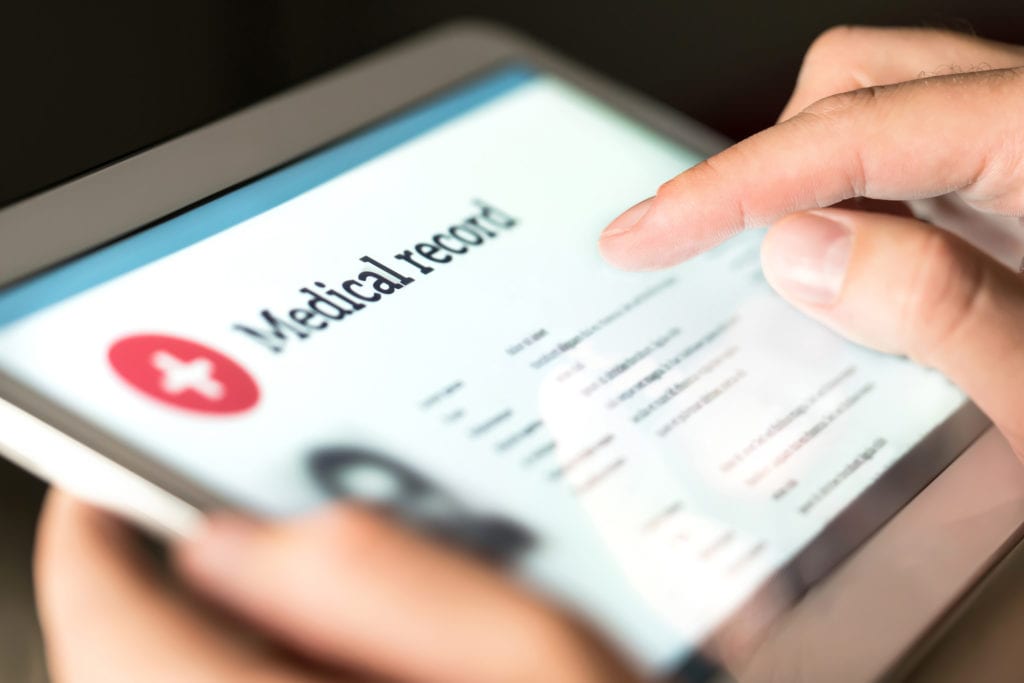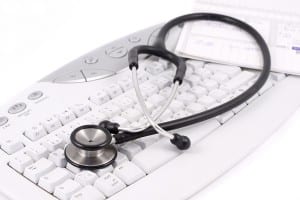
What are the Benefits of Electronic Health Records?
If you want to keep records at your medical facility safe, going digital may be the answer. This guide will explain the benefits of electronic health records.
Did you know that 85.9 percent of office-based physicians in the United States are using electronic health records?
Electronic health records have revolutionized the way that physicians are able to help and treat their patients. Practices have a patient's medical history available at their fingertips. It is now quicker and easier for them to provide the care that that person needs.
They also allow healthcare providers to reduce costs for their patients and keep patient information more organized. There is a reason why both small and large physician practices have converted from paper charts to storing data online.
Continue reading to learn about the benefits of electric health records and how they can help your practice.
What Are Electronic Health Records?
Electronic health records are electronic documents of a patient's medical history. Their healthcare provider maintains and updates these records.

An EHR shows the physician many things. They show a history of the medicines prescribed to the patient. They also show a record of their medical treatments. Additionally, they show data from tests and examinations of the patient.
Electronic health records come in many different formats. This depends on the software that the healthcare provider uses. Securing patient data on a cloud network makes transferring and accessing patient information quicker and easier for all.
What Are the Benefits of Electronic Health Records?
Providing the best care to their patients is the number one goal of physician practices. Electronic health records make providing top-notch healthcare a simpler process for patients as well as physicians.
Improved Quality of Care
Electronic health records provide practices with the healthcare history of a patient. This provides better care because it allows access to important information from their medical history if the patient is non-responsive.

By saving and sharing health records, a physician gets an overview of a patient's entire medical history with just a few clicks of a button. It also saves physicians time as they no longer need to fill out paperwork for each visit by a patient.
Another bonus is that e-prescriptions can be sent directly to the preferred pharmacy of a patient. This makes the process more convenient for both the physician and the patient.
Improved Communication Between Patient and Physician
Electronic health records have helped to make the healthcare system focus more on the patient. EHR software has patient portals that make talking to patients an easier process for physicians and patients alike.
The EHR software is accessible for both the patient and the physician. This gives the patient new levels of communication with their practice. They can even analyze physician notes on the go or from home.
The patient also has access to online messaging with their physician. Asking questions or providing feedback to physicians has never been easier for the modern-day medical patient.
Ease of Access and Storage
Before electronic health records, the traditional way of storing medical records was in large repositories. This meant that you needed a large number of people working to find and keep organized all of these medical records for when they were needed.

With the advent of electronic health records, saving medical records became a breeze. Storing, accessing, and editing health records becomes a much more organized process.
Without electronic health records, a patient's file could become disorganized and confusing for a physician to understand. This is even more true if the patient has seen multiple different physicians.
EHR allows for a comprehensive file that is stored online and readily accessible for the physician that is treating you. It is also safely stored online so it will never become damaged or lost. EHR is perfect for securing patient data.
Fewer Expenses
Electronic health records go a long way towards cutting down expenses for healthcare providers. By allowing computerized order entries, the quality of care is better and quicker.
There are also fewer expenses for storing medical records of your patients. You don't need extra space, shelves, or folders for storing all of this information.
That isn't even mentioning all of the costs you'll cut from no longer printing tons of paper every day. EHR allows for savings across the board, which can then be passed on to the patient.
It also allows for a more automated process. Automation ensures accurate and timely reimbursements. It also frees up employees to handle other, more important tasks instead of organizing and securing paperwork.
Another bonus is that because medical records are on a shared platform it cuts down on repeat diagnosis and processes like X-rays and MRIs. This saves the patient a lot of money and provides them with better care.
Fewer Clinical Errors
Implementing electronic medical records is great at cutting down on human errors. It alerts physicians to issues with patient prescriptions and other errors so that they can be fixed in a timely manner.
Patients that receive care from a practice that uses electronic medical records have seen a notable decrease in errors. Their healthcare is improved, especially with record keeping.
Saving medical records online makes it almost impossible to misplace or lose a patient's file. Even if a file manages to go missing, a backup file is always saved on a cloud server just in case.
Government Incentives
Switching from a paper system to electronic medical records takes time. It also requires training for your employees.
To expedite the process, the government has incentivized the conversion to EMR. Both federal and state-run programs are in place to assist medical practices with making the switch.
Make the Switch Today
Electronic medical records the healthcare field better for practicing physicians and patients alike. Accessing a patient's health records has never been easier. It has opened doors for practices to provide the best care possible.
It also allows secure storage of medical records. It helps cut down on errors. Additionally, it allows a higher level of communication between healthcare providers and patients.
The benefits of using electronic medical records are numerous. They can save you money while providing the highest level of care to your patients. Click here for more helpful tips for your physician practice.
Author: Hudson Piccini
Hudson Cynar, a Harvard University alumna and the owner of three prosperous enterprises, is a distinguished business consultant, author, and writer. Her expertise spans multiple business sectors, with a particular emphasis on storage containers, commercial copiers, payroll services, and medical billing software. Dedicatedly investing thousands of hours into product and service research, Hudson crafts insightful reviews to guide entrepreneurs in making informed decisions for their businesses.

